Choosing between Robinhood and Webull boils down to your trading expertise and preferences. If you’re a beginner, you’ll appreciate Robinhood’s user-friendly and straightforward interface that makes trading simple. On the other hand, if you’re more experienced and need detailed charts and technical analysis tools, Webull offers a robust platform tailored for advanced traders. Both provide commission-free trading, ample security measures, and responsive customer support. Webull’s edge comes into play with its extensive set of tools and market research, which enhances the trading experience for those requiring deeper analytical capabilities. Exploring each platform’s unique features and offerings might further help tailor your decision to your investing style.
Table of Contents
TogglePlatform Features Comparison
When comparing the platform features of Robinhood and Webull, it’s clear that each caters to different user needs with their distinct functionalities. Webull’s complexity is evident in how it integrates advanced features like the Webull CDP account, which allows you to manage and analyze your investments more meticulously. If you’re already using other investment services, you can seamlessly link your CDP account to Webull, ensuring all your financial assets are in sync.
Moreover, Webull’s customer service stands out. When you’re exploring intricate transactions or need clarity on investment strategies, their responsive support team is a significant asset. You’re not left waiting; help is just a call or a chat away.
Diving into cryptocurrencies? Webull crypto trading via Webull Pay makes it simple to buy and sell digital currencies. This service not only streamlines the process but also secures your transactions, giving you peace of mind as you trade.
Each of these features— from linking your CDP account for a thorough financial overview to leveraging robust customer support and engaging in crypto transactions — enhances your trading experience on Webull, tailor-made for those who appreciate depth and detail in their trading platforms.
User Interface and Usability
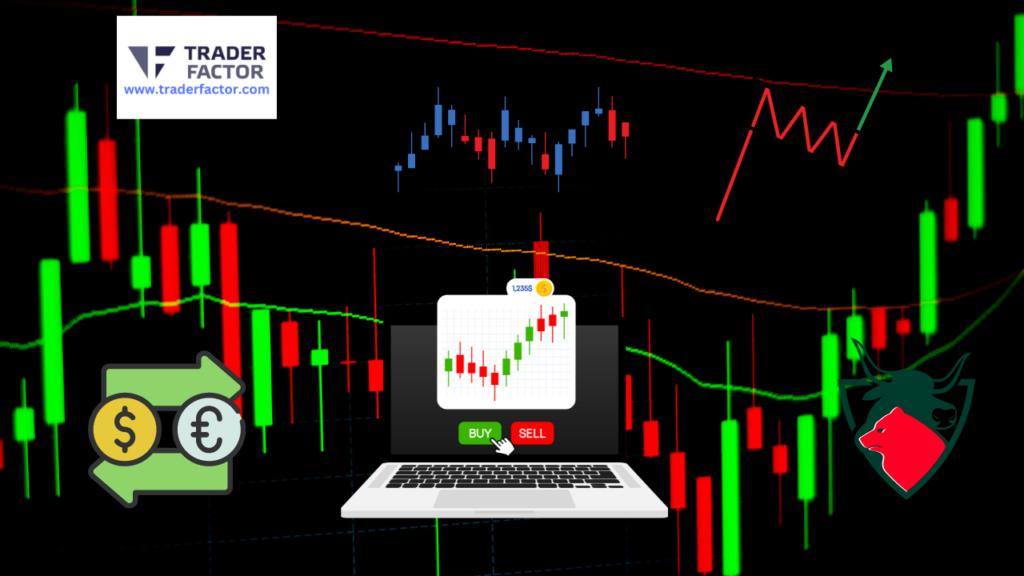
Focusing on user interface and usability, you’ll find that Robinhood offers a streamlined experience ideal for beginners, while Webull features a customizable interface that appeals to more experienced traders. If you’re starting out, you might appreciate how Robinhood’s design makes browsing through the world of trading seem less intimidating. The app guarantees that everything from buying stocks to setting up your profile feels straightforward and accessible. On the other hand, if you’re looking to personalize your trading environment, the Webull desktop and app provide robust customization options.

Wondering how to use Webull effectively? You’ll discover numerous tools and resources that can be adjusted to fit your trading style perfectly. From detailed chart analyses to a variety of widgets, Webull allows you to shape your dashboard to meet specific needs. Conversely, if you ever decide it’s time to move on from Robinhood, learning how to close your Robinhood account is simple and secure, ensuring you feel confident that your data and funds are handled properly.
Both platforms prioritize security, making each a safe choice for managing your investments. Whether you’re a novice or a seasoned trader, you’ve got options that cater specifically to your comfort level and expertise.
Investment Options
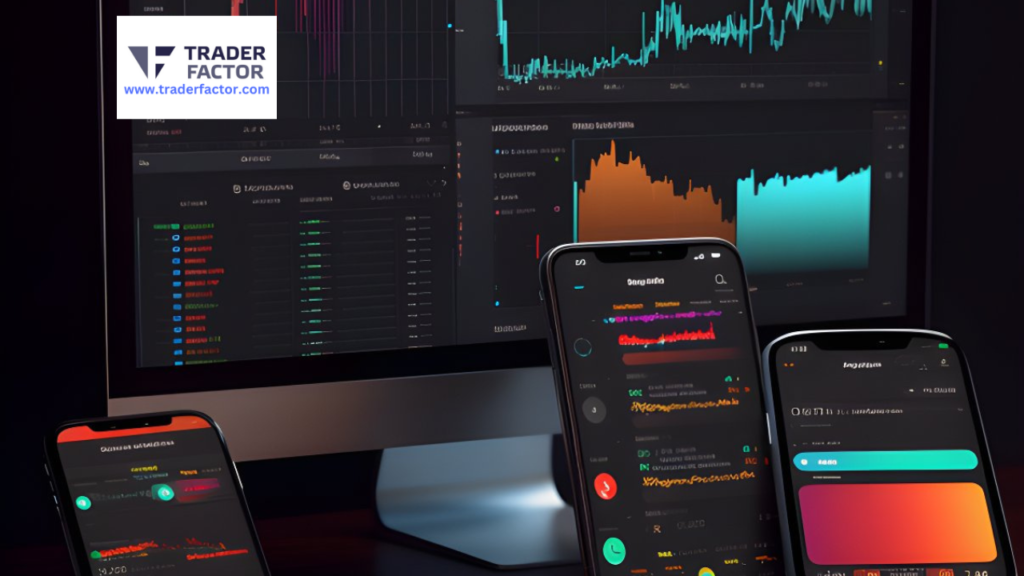
While considering your user interface preferences for investment platforms, it’s equally important to explore the variety of investment options both Robinhood and Webull provide. When you’re weighing your choices, it’s essential to know which countries Webull supports, which includes the U.S. and a few other regions, though its availability is not as widespread as some competitors.
Webull offers a range of investment opportunities. You can indeed trade futures on Webull, which adds a layer of diversity to your investment strategy that isn’t currently available on Robinhood. However, you can’t trade forex on Webull, which might be a limitation if currency trading is part of your investment plan.
Here’s a quick comparison to guide you:
| Feature | Robinhood | Webull |
|---|---|---|
| Futures Trading | No | Yes |
| Forex Trading | No | No |
| FDIC Insured | Yes (Cash Mgmt) | No |
As you immerse yourself in these platforms, remember that while Webull isn’t FDIC insured, it does offer SIPC insurance, which is standard in the brokerage industry. This highlights that while you can make money on Webull, like any investment platform, it comes without some protections traditional banks offer.
Fees and Commissions
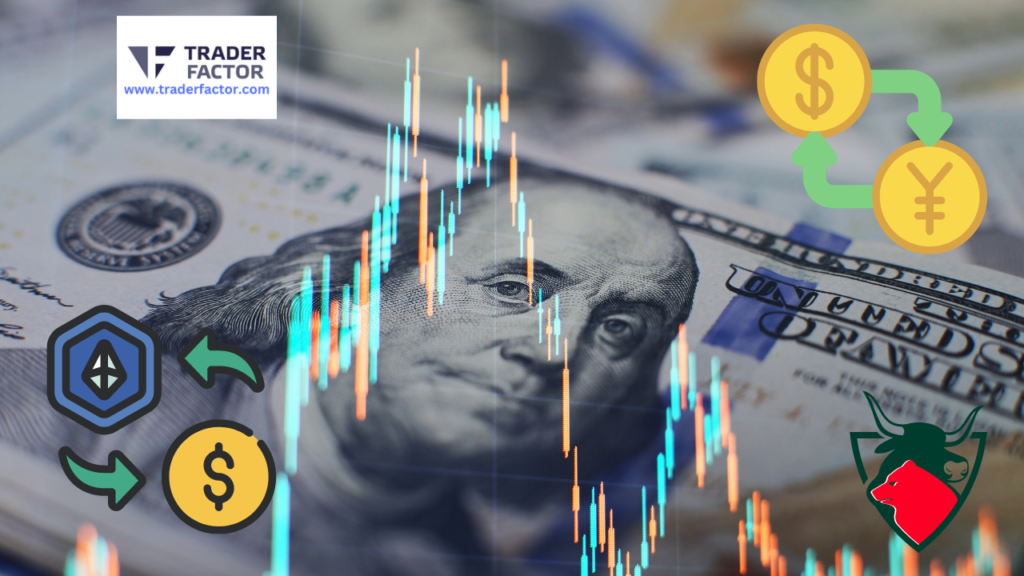
You’ll find that both Robinhood and Webull offer commission-free trading on stocks, ETFs, and options, making them highly attractive for cost-conscious investors. Despite this similarity, each platform diverges when it comes to other fees and commissions that can impact your bottom line.
Robinhood makes its service more appealing with no account minimum, allowing you to start trading without a substantial initial deposit. However, if you’re looking for more advanced features, Robinhood Gold could be an enticing option. This premium service costs $5 per month, giving you access to larger instant deposits and professional research. It is crucial to consider these costs in relation to the potential benefits depending on your trading strategy.
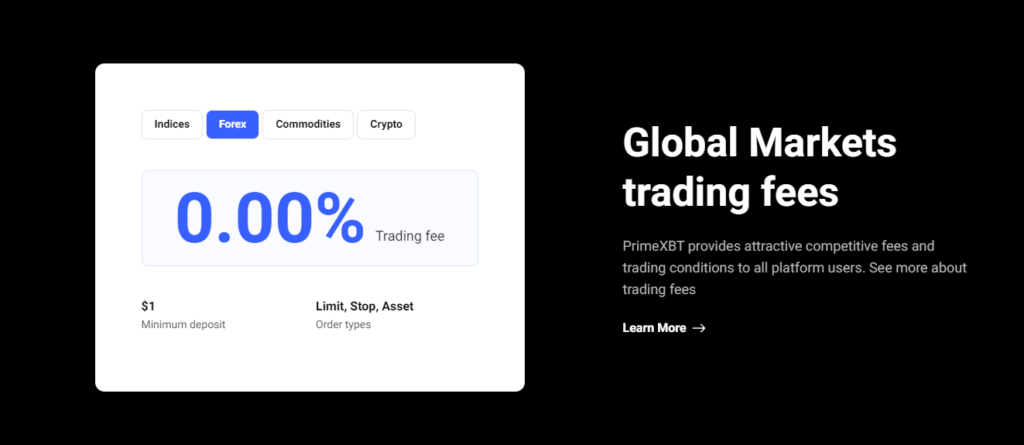
On the other hand, Webull offers a feature called Webull Smart Advisor. It is important to mention that while Webull maintains a no account minimum policy for basic accounts, utilizing managed portfolio solutions like Webull Smart Advisor might incur additional costs, although these are usually lower compared to traditional management fees.
Ultimately, both platforms serve up commission-free trading with additional services that may come with fees. Your decision will depend on what type of investor you are and the tools you consider essential for your trading needs.
Account Types Offered
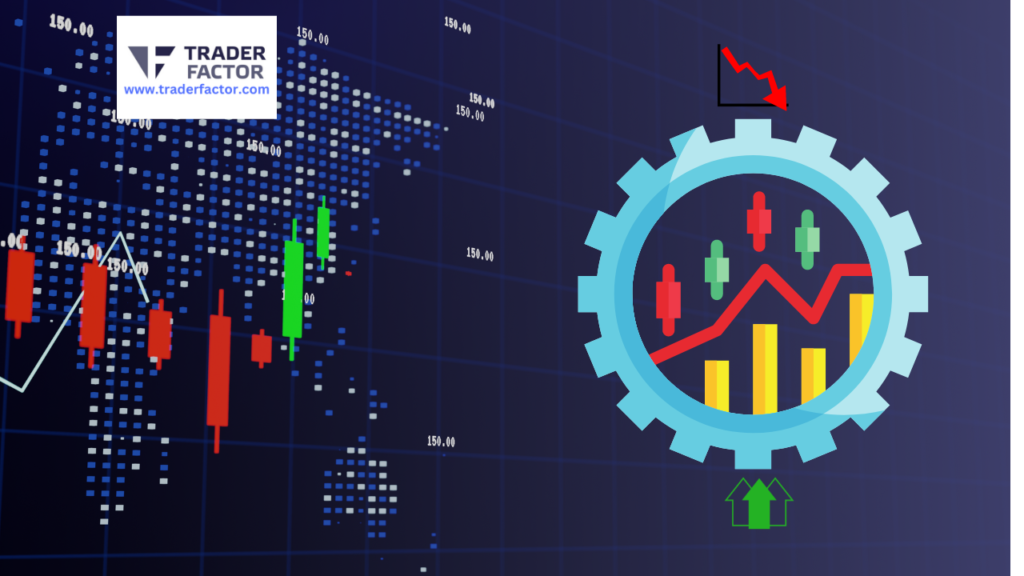
Regarding the types of accounts offered, both Robinhood and Webull provide options to suit different investor needs, including individual taxable accounts and various IRA options. If you’re wondering how to trade real money on Webull, it’s simple: there’s no minimum deposit for Webull to start, so you can jump right in. Similarly, when you’re ready to withdraw money from Robinhood, the process is streamlined via the app, ensuring you can access your funds without hassle.
Is Robinhood FDIC insured? While Robinhood isn’t FDIC insured as it’s not a bank, your investments are protected by SIPC up to $500,000. This detail is essential for understanding the safety of your assets on the platform. Additionally, if you’re interested in day trading, you’ll be pleased to know that you can day trade on Webull. They cater to active traders with features that support frequent trading.
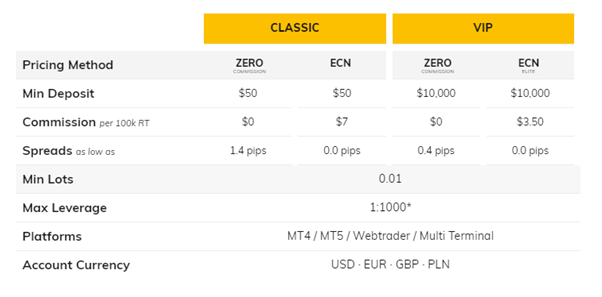
Both platforms are designed to be accessible whether you’re a newbie or a seasoned trader. With Robinhood and Webull, investing in the stock market is made more approachable, with tools and account options that help you manage your investments effectively and securely.
Mobile App Functionality
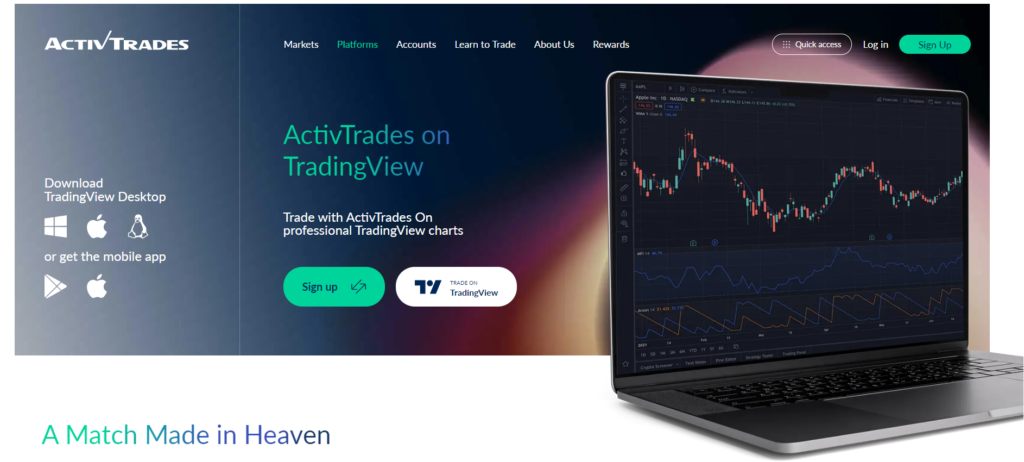
Regarding mobile app functionality, both Robinhood and Webull offer user-friendly interfaces that cater to your trading needs on the very go. If you’re wondering, ‘Is Robinhood safe?’ or ‘How does Webull make money?’ you’ll find that both platforms maintain robust security measures and generate revenue through methods like payment for order flow, which doesn’t detract from your trading experience.

Here’s how you can start with either platform:
| Feature | Robinhood | Webull |
|---|---|---|
| Webull Download | Not Required | Required for advanced tools |
| Paper Trading | Not Available | Available via Webull download |
| Cryptocurrency Trading | What makes BTC scarce | Full crypto trading suite |
Robinhood’s app simplifies investment, making it ideal if you’re new to trading. It ensures that buying and selling stocks or understanding what makes BTC scarce is straightforward and secure. On the other hand, if you’re interested in a hands-on approach, learning how to paper trade on Webull might appeal to you, as it allows for practice without financial risk. Both apps are geared towards different user needs but are designed to enhance your trading proficiency from your smartphone.
Desktop Trading Capabilities
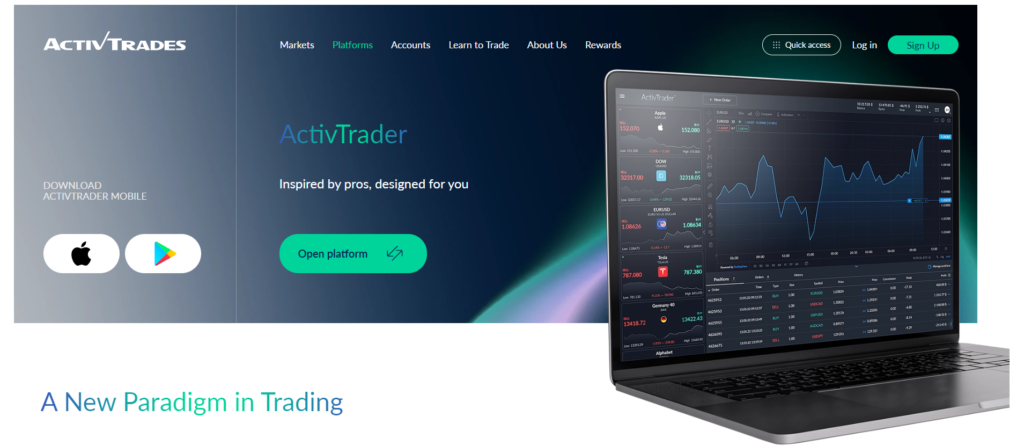
Both Robinhood and Webull extend their user-friendly experience to their desktop platforms, enhancing your trading capabilities beyond mobile apps. When you explore the desktop trading capabilities of both platforms, you’ll find that Webull provides a more robust experience tailored for those who thrive on detailed technical data and advanced charting features. It’s ideal if you’re looking to perform thorough market analysis or prefer a customizable interface. Webull’s platform allows you to adjust nearly every aspect of your trading environment, from the arrangement of technical indicators to the way you track asset movements.

On the other hand, Robinhood’s desktop version maintains its hallmark of simplicity and ease of use. It’s perfect if you’re starting out or prefer a cleaner, more straightforward layout without an overload of information. While it lacks some of the customizable features and depth of technical data available on Webull, it offers enough functionality for you to effectively manage your trades and monitor your investments.
Bonus and Incentive Structures
Webull and Robinhood offer enticing bonuses and incentives to attract and retain traders. If you’re wondering how long it takes for Webull to accept a trade, you’ll find that their efficient processing allows you to start trading almost immediately after account verification. Meanwhile, if you’re considering whether Robinhood Gold is worth it, remember it offers enhanced features like professional research and Level II market data which can be essential for serious traders.
Let’s break down what each platform offers through a comparative table:
| Feature | Webull | Robinhood |
|---|---|---|
| Sign-Up Bonus | Stock bonuses for new accounts | Free stock for new sign-ups |
| Account Minimum | $0 | $0 |
| Forex Trading | Not available | Not available |

While neither platform supports forex trading, the absence of account minimums makes both accessible. If you ever need to close your Webull account or withdraw money from Robinhood, the processes are straightforward. You can initiate a Webull account closure through their app, and withdrawing funds from Robinhood is as simple as using the mobile app to transfer to your linked bank account. These features guarantee you’re in control of your investments and can manage your money efficiently.
Customer Service Review

Evaluating customer service, you’ll find that Robinhood and Webull offer distinct support features tailored to their user bases. If you’re wondering how much is Robinhood Gold, it’s important as it affects day trading with premium research and data provided for a fee. On the other hand, is Webull good for day trading? Absolutely, with its advanced charting tools and active trader community, Webull supports sophisticated trading strategies.
When you’re ready to trade real money on Webull, the process is straightforward. However, understanding how to make that initial deposit and start trading can be confusing. Webull’s customer service is geared towards providing clear instructions and support for these questions. Similarly, is money immediately tradable on Robinhood? Yes, with Robinhood, funds from selling stocks or making deposits up to $1,000 are available instantly, enhancing liquidity for your trades.
If you’re into options, you might ask what stocks can I option trade on Robinhood after hours? Robinhood offers extended-hours trading, which is a significant advantage if you need flexibility outside the standard market hours. Both platforms provide robust customer support to guide you through these processes, ensuring you’re never stuck while trading.
Security and Insurance
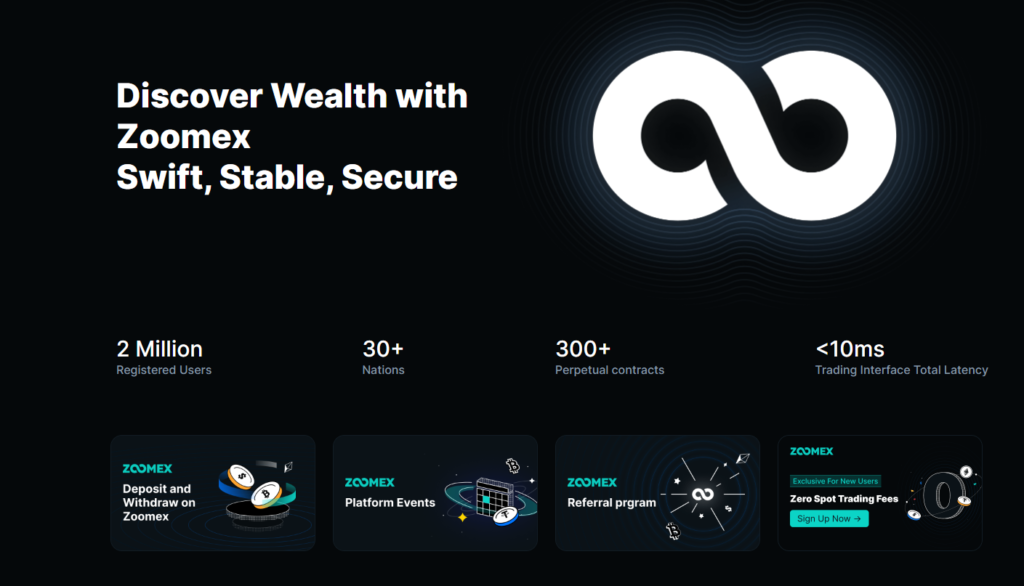
You’ll find that Robinhood and Webull prioritize your security by offering strong protective measures and insurance policies. Both platforms guarantee that your investments and personal data are safeguarded with excellent security features, including two-factor authentication and data encryption, providing you peace of mind while trading.
Robinhood provides SIPC insurance, covering up to $500,000 in securities, including a $250,000 limit for cash claims. Additionally, they’ve added an excess of SIPC coverage through underwriters at Lloyd’s, with an aggregate limit of $100 million. This means your assets are well-protected in extreme scenarios.
On the other hand, Webull also offers SIPC insurance up to $500,000, which includes $250,000 for cash. They further enhance their coverage with additional insurance policies providing protection up to $150 million, ensuring an extra layer of security for your assets beyond the standard SIPC limits.
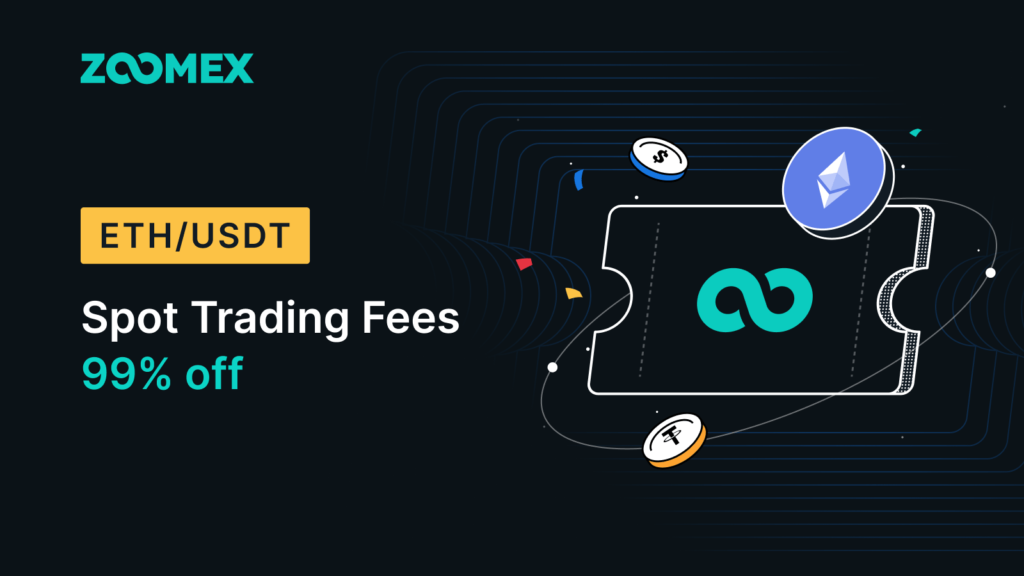
Both platforms are committed to protecting your assets against unauthorized access and potential threats. Whether you’re a novice or an experienced trader, knowing these details can help you decide which platform aligns better with your security expectations and investment style, making your trading experience both secure and rewarding.
Trading Technology

After exploring the security features of both platforms, let’s focus on how Robinhood and Webull utilize trading technology to enhance your experience. You’ll find that Robinhood aims for simplicity with its straightforward interface, making it ideal if you’re starting out. It’s easy to navigate, and the execution of trades is quite seamless, which can be a big plus if you’re not looking for complex trading tools.
On the other hand, Webull steps up with more sophisticated technology aimed at intermediate to advanced traders. It offers advanced charting tools, a range of conditional orders like OCO, OTOCO, and OTO, and more detailed analytical data. This could be vital if you’re looking to make more informed trading decisions based on technical analysis.
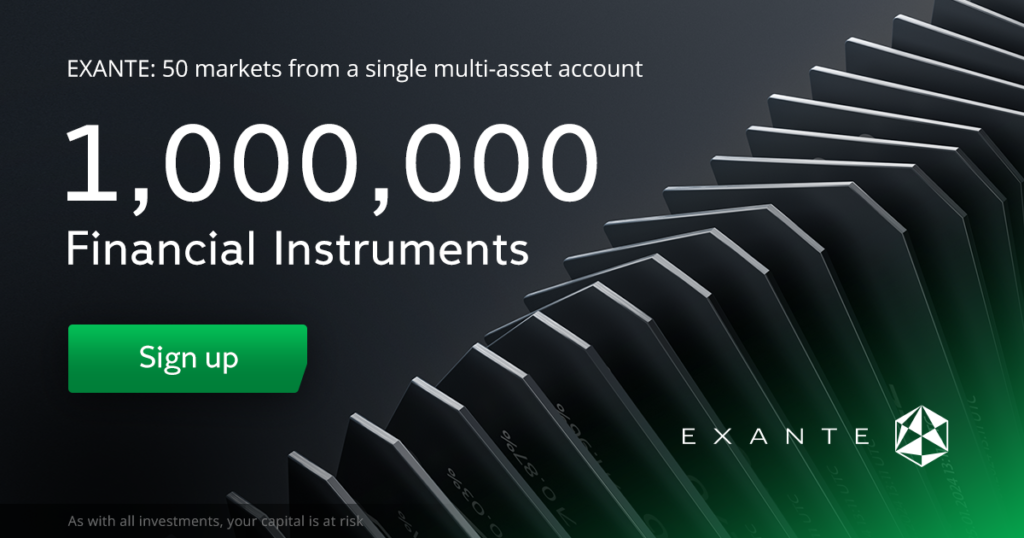
Both platforms guarantee fast and reliable trade executions, but Webull gives you a slight edge with better price improvements on orders. This means you might save more on trades compared to Robinhood. Additionally, Webull’s desktop experience is more robust, offering a greater level of customization that can significantly enhance your trading strategy and execution.
In brief, your choice depends on your trading style and needs. Robinhood keeps it simple and user-friendly, while Webull offers greater depth and tools for a more detailed approach.
Educational Resources

Both Robinhood and Webull offer extensive educational resources to help you deepen your understanding of trading and investing. You can find an array of tools on both platforms designed to make learning about the financial markets accessible and engaging.
Robinhood might appeal more if you’re starting out. Its learning resources are crafted with simplicity in mind, ensuring you’re not overwhelmed as you take your first steps into investing. The platform includes easy-to-follow guides and articles that break down complex financial concepts into digestible information.

Webull, on the other hand, provides a more detailed educational suite that could be valuable as you grow more confident in your trading abilities. It includes:
- In-depth articles and videos on market trends and strategies that enrich your knowledge and stir excitement with real-world applications.
- Live webinars that not only educate but also connect you emotionally to expert traders and a community of learners.
- A virtual trading simulator, allowing you to practice strategies without risk, boosting your confidence and making the learning process exhilarating.
Choosing between Robinhood and Webull might depend on your personal learning preference and where you are in your investment journey.
Advanced Trading Tools
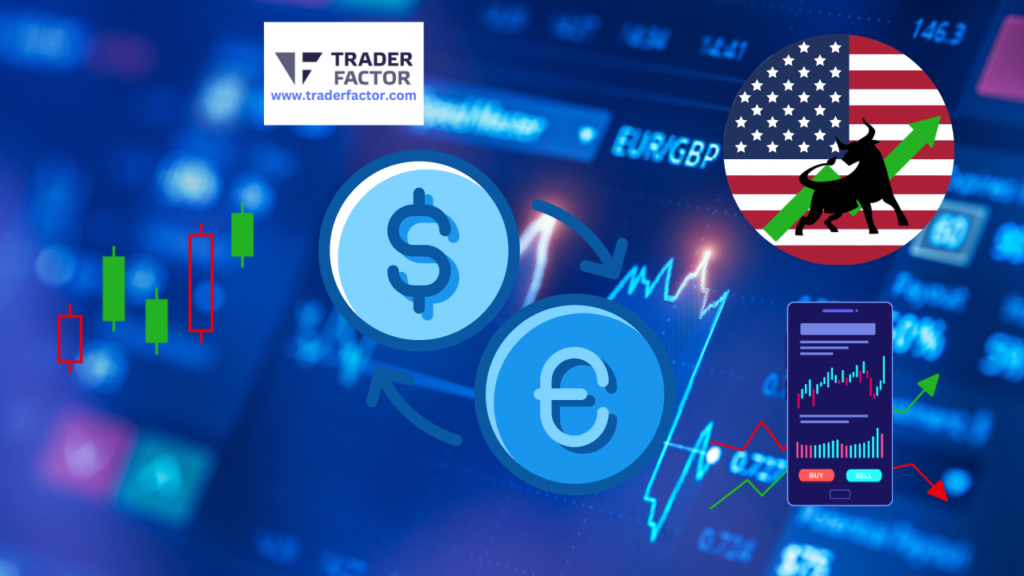
Webull offers a range of advanced trading tools that cater to experienced investors seeking detailed analysis and strategic execution. If you’re an active trader looking to refine your strategies, you’ll appreciate Webull’s detailed charting capabilities and a suite of technical indicators. These tools are designed to provide in-depth insights and allow for precise market entry and exit points.
On the other hand, Robinhood maintains a simpler approach, which might not satisfy advanced traders but serves beginners well. While it does offer basic charting and some analytical tools, they don’t match the depth or versatility found in Webull’s offerings. This difference clearly outlines the platforms’ target users—beginners for Robinhood and more experienced traders for Webull.

Below is a quick comparison of the key features:
| Feature | Webull | Robinhood |
|---|---|---|
| Charting Tools | Advanced options | Basic options |
| Technical Indicators | Extensive | Limited |
| Order Types | Complex (e.g., OCO, OTOCO) | Standard |
Whether you’re looking to dive deep into technical analysis or prefer a straightforward trading experience, choosing between Webull and Robinhood hinges on your specific needs and trading style.
Market Research Access
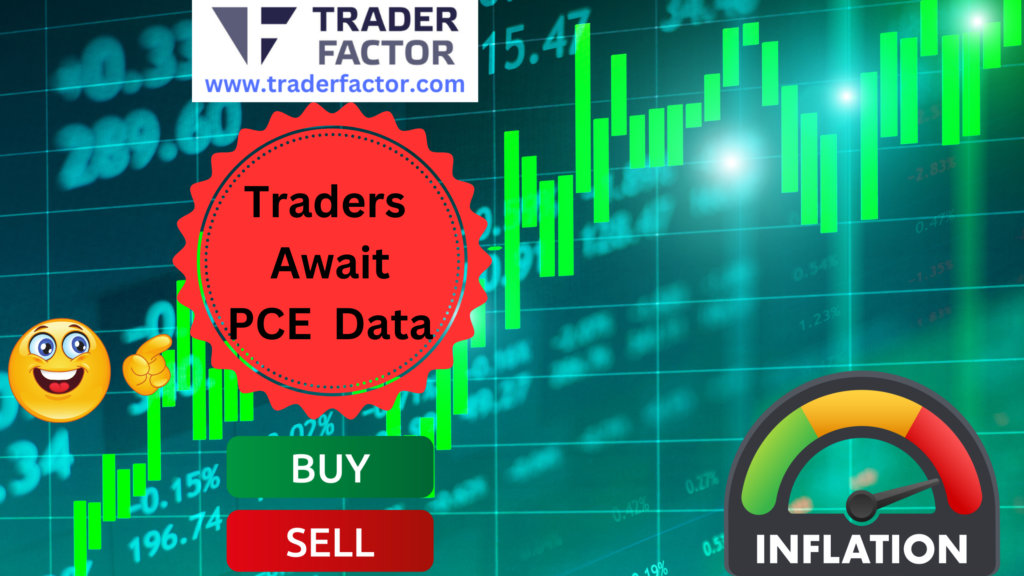
Accessing market research is necessary for making informed trading decisions, and Robinhood and Webull offer varying levels of research tools and resources. As you navigate through the choices, it’s important to understand how each platform aligns with your investment strategy.
Robinhood keeps it simple. Primarily, you’ll find basic stock analysis tools, which include analyst ratings, some simple chart tools, and news articles. This might suffice if you’re just starting out or if your strategy doesn’t require in-depth analysis.
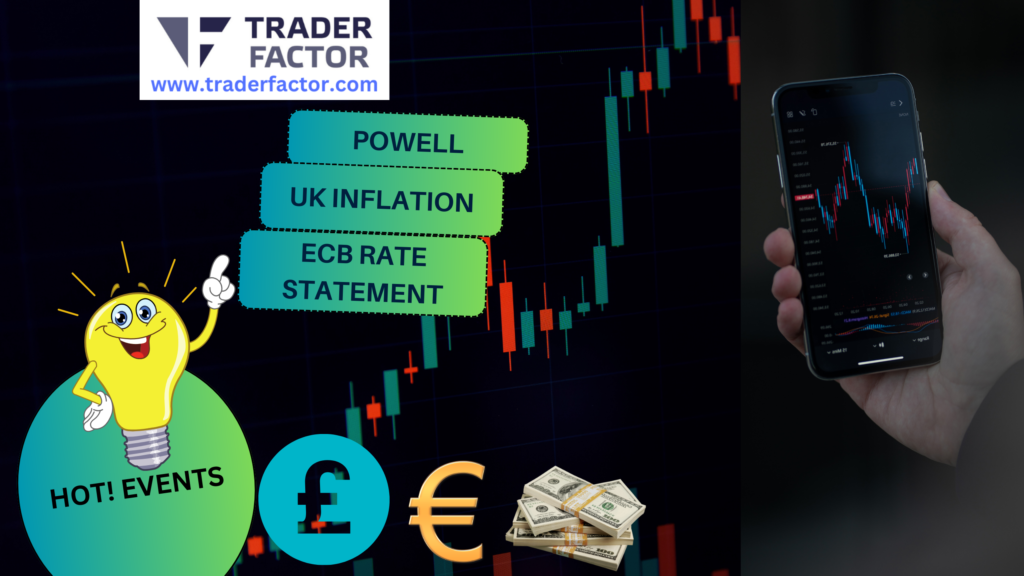
On the flip side, Webull provides a more robust suite of research tools, appealing if you’re keen on a detailed approach. Here’s what they offer:
- Advanced Charting Tools: Webull’s charts are thorough, offering over 50 technical indicators and 12 charting tools. This depth supports detailed technical analysis, helping you spot trends and patterns that basic tools might miss.
- Real-Time Data: Webull grants access to real-time data, which is essential for making swift, informed decisions especially if you’re day trading.
- Research Reports: Access to extensive research reports and analysis from third parties gives you a broader perspective, enriching your market understanding.
Overall User Satisfaction

While exploring the diverse tools each platform offers, it’s equally important to assess how satisfied users generally feel with their overall experience on Robinhood and Webull. You’ll find that both platforms boast high user satisfaction ratings, but for slightly different reasons. Robinhood’s users often highlight the platform’s user-friendly interface and its straightforward approach to trading, which makes it ideal if you’re new to investing. Its simplicity is a big plus, helping you navigate through your investment options without feeling overwhelmed.
On the other hand, Webull’s users appreciate the platform for its extensive set of tools and advanced features, which are particularly appealing if you’re more experienced or interested in a deeper analysis of the market. Webull offers a robust trading experience with detailed charts and a variety of technical indicators, making it easy to tailor your trading strategies with precision.
Frequently Asked Questions

How Does Webull’s Extended Hours Trading Compare to Robinhood’s?
You’re comparing extended hours trading. Webull offers a more robust platform with a broader range, whereas Robinhood provides simplicity, ideal for beginners. Choose based on your preference for features or ease of use.
Can International Investors Use Robinhood or Webull for Trading?
You can’t use Robinhood if you’re an international investor; it’s only available to U.S. residents. However, Webull offers services to investors from over 80 countries, making it more accessible for international trading.
What Are the Tax Implications of Trading on Robinhood Vs. Webull?
You’ll face similar tax implications trading on either platform as both require reporting gains or losses to the IRS. Make sure you’re documenting transactions for accurate tax filing, regardless of the platform used.
How Do Robinhood and Webull Handle Dividend Reinvestments?
You’ll find both Robinhood and Webull offer dividend reinvestment options, letting your dividends automatically purchase additional shares, optimizing your investment growth without extra effort on your part.
Are There Differences in the Withdrawal Processes Between Robinhood and Webull?
You’ll find that both platforms allow easy withdrawal of funds, but Webull might process slightly faster. Robinhood has a straightforward method, though you might face mandatory holding periods before withdrawing.
Disclaimer:
All information has been prepared by TraderFactor or partners. The information does not contain a record of TraderFactor or partner’s prices or an offer of or solicitation for a transaction in any financial instrument. No representation or warranty is given as to the accuracy or completeness of this information. Any material provided does not have regard to the specific investment objective and financial situation of any person who may read it. Past performance is not a reliable indicator of future performance.















